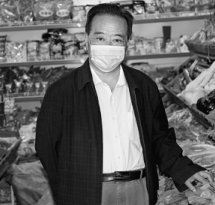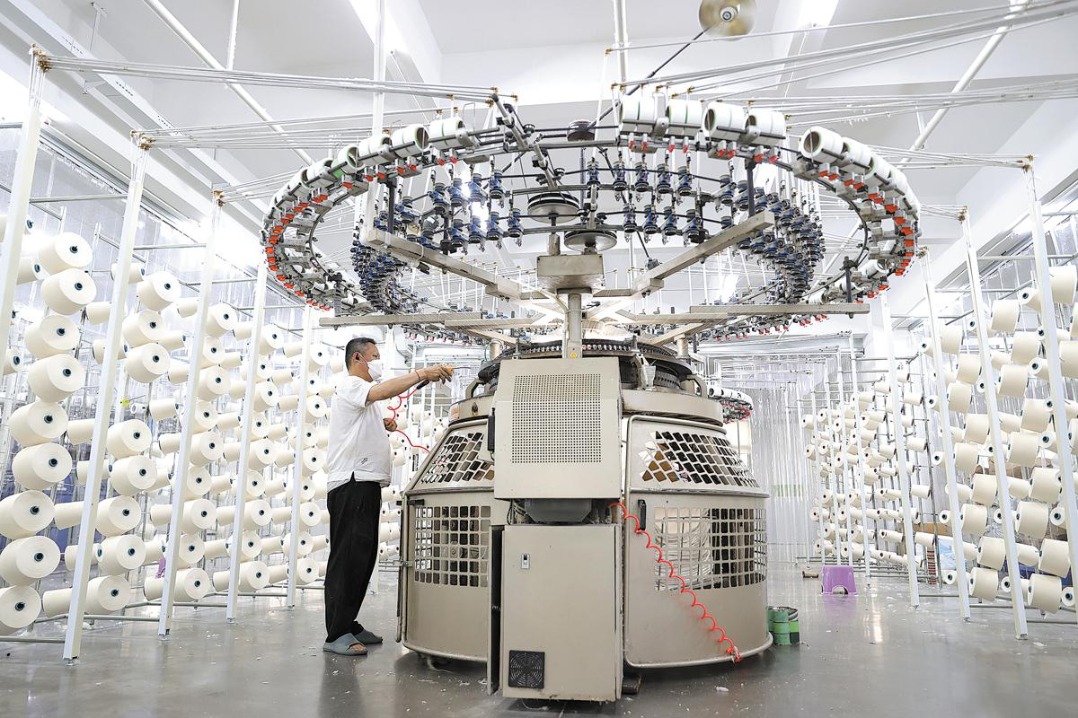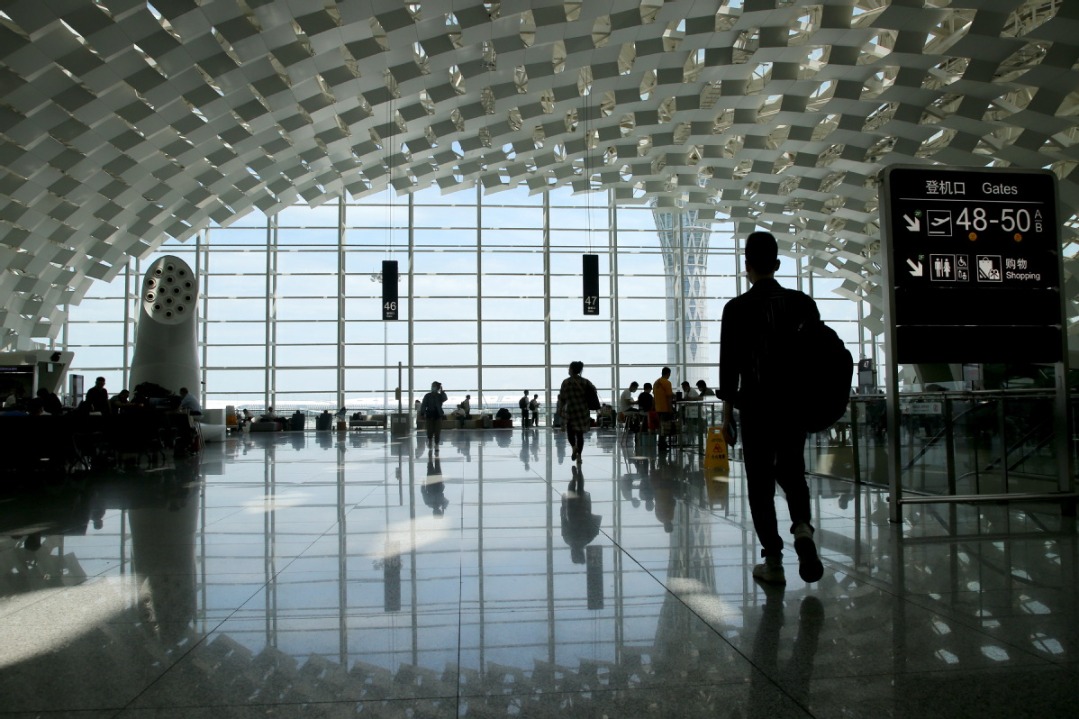Chinese traders stock up on hope

Editor's Note: This news column showcases stories from around the world that bring a touch of positivity to the fight against the deadly coronavirus.
Even as the coronavirus hits businesses hard in Kenya, many Chinese entrepreneurs in the East African country remain optimistic that they will weather the storm.
One such trader with this view is Liu Fengchen, who owns Fengsheng Grocery, a retail business with a number of stores, including in Ngong Road in the nation's capital Nairobi.
While the government measures against the virus have severely disrupted his business, he voices hope that the pandemic will end soon, returning life to normal.
"I have been in Kenya for the past 25 years and I know how resilient the people are," Liu said. "I came out as a doctor but I later decided to go into business. In my experience as a Chinese businessman in Africa I have encountered several challenging situations, but I believe that the tough times will not last.
"That is why I am currently constructing a new store with the hope that when a solution for the coronavirus is found, I will be able to open it and employ even more people."
Liu employs 18 workers at his handful of stores across the city. He said he had to allow some of them to stay at home in order to comply with the government's social distancing rules.
Sammy Karanja, the chief executive of the Importers and Small Traders Association of Kenya, said the pandemic has greatly affected those businesses that rely on imports from China.
"Business is not good. Imports from China have slowed down tremendously. Most Chinese businesses in Kenya import a lot of electronics, spare parts, computers and cosmetics from China, but we don't have goods coming in now," Karanja said.
However, Liu frames the difficulties in terms of a slowdown that will pass, especially if people remain patient.
"The suspension of international flights has definitely affected my business because I get some of my supplies from China and other countries," he said. "However to survive, we have to adapt to the new circumstances and that is why I now depend on ships.
"As we speak, some of my goods are at sea. It takes longer to get the supplies through shipping but those are the sacrifices we have to make during the pandemic."
Liu said that most Chinese businesses in Africa owe their survival to the cooperation between Chinese embassies and African governments that has helped them stay afloat.
"I am grateful to the cooperation between the Kenyan government and the Chinese embassy in Kenya, which has ensured that our concerns are heard and we get assistance where we need it," Liu said.
"It is also through such cooperation that Chinese businesses have been able to make donations to help Kenya fight the virus."

Today's Top News
- Tourists flock to locations featured in hot TV shows
- Intl volunteers serve as bridge linking Jingdezhen, world
- Global investors more bullish on Chinese assets
- Advanced weapon systems make debut
- Authority suspends antitrust investigation against DuPont
- Playing its appointed part in US' strategy will not bring Manila its desired rewards






























